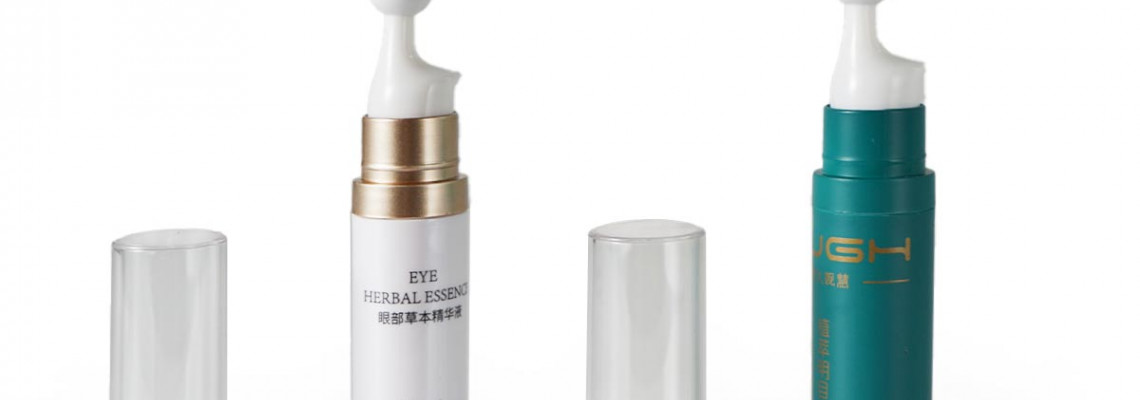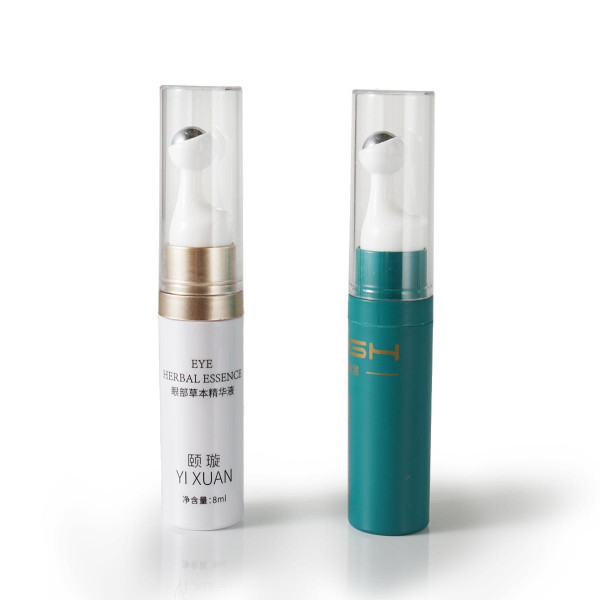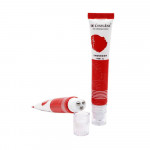
Introduction
As the demand for environmentally responsible cosmetic products rises, consumers are increasingly relying on sustainability certifications to guide their choices. This post explores various sustainability certifications available for cosmetic packaging and their role in enhancing consumer trust and brand reputation.
The Importance of Sustainability Certifications
Sustainability certifications serve as benchmarks in the cosmetics industry, offering:
- Credibility: They validate a brand’s environmental claims, providing a measure of reliability and transparency.
- Consumer Guidance: Certifications help consumers make informed choices about the products they purchase.
- Encouragement for Brands: These certifications drive cosmetic brands to adopt more sustainable practices in packaging.
Common Sustainability Certifications
Several prominent sustainability certifications apply to cosmetic packaging, each with its unique focus and criteria:
- Cradle to Cradle Certified: Emphasizes safe material use, material reutilization, renewable energy use, water stewardship, and social fairness.
- Forest Stewardship Council (FSC): Ensures that products come from responsibly managed forests that provide environmental, social, and economic benefits.
- Recycled Claim Standard (RCS) and Global Recycled Standard (GRS): Focus on verifying the content of recycled materials in a final product.
- Sustainable Packaging Coalition (SPC): Advocates for and assesses sustainable packaging initiatives.
Certification Criteria and Requirements
Each certification has specific criteria focusing on various aspects of sustainability:
- Material Selection and Sourcing: Ensures materials are ethically sourced and environmentally friendly.
- Manufacturing Processes: Evaluates energy efficiency and the environmental impact of the production processes.
- Waste Management: Considers packaging’s end-of-life, including recyclability and compostability.
- Transparency: Requires clear disclosure of practices and impacts to foster greater transparency.
Certification Process and Auditing
Obtaining a sustainability certification typically involves:
- Initial Assessment: An in-depth review of the packaging’s lifecycle and company practices.
- Third-Party Verification: An independent audit to verify claims and adherence to certification standards.
- Periodic Recertification: Regular reviews to ensure ongoing compliance with evolving standards.
Benefits of Sustainability Certifications
The advantages of securing these certifications are significant:
- Consumer Trust: Certifications build trust by demonstrating a brand’s commitment to sustainability.
- Market Differentiation: Help brands stand out in a competitive industry by highlighting their environmental efforts.
- Corporate Alignment: Supports broader corporate goals related to sustainability and regulatory compliance.
- Operational Efficiency: Often leads to cost savings through more efficient resource use and waste reduction.
Challenges and Considerations
While beneficial, the path to certification can present challenges:
- Process Complexity: Navigating the certification process can be complex and resource-intensive.
- Costs: There are often significant costs involved in obtaining and maintaining certifications.
- Consistency and Greenwashing: Brands must consistently adhere to standards to avoid accusations of greenwashing.
Case Studies: Certified Sustainable Cosmetic Packaging
Successful case studies illustrate the impact of these certifications:
- Process and Rationale: Detailing why brands chose specific certifications and the steps they took.
- Brand and Consumer Impact: Exploring how certifications have enhanced brand image and consumer loyalty.
- Commercial and Environmental Success: Examining the tangible benefits of certifications on sales and sustainability.
Conclusion
Sustainability certifications are increasingly crucial in the cosmetics industry, helping brands meet consumer expectations and differentiate themselves in a crowded market. By embracing these certifications, eye cream and other cosmetic brands not only enhance their market appeal but also contribute to a more sustainable future.
Brands are encouraged to pursue these certifications, leveraging them as tools to build trust, drive innovation, and promote environmental responsibility. This commitment can significantly influence consumer decisions and foster long-term loyalty.
Learn more about our sustainable practices and certifications
This proactive approach not only aligns with global sustainability trends but also positions brands at the forefront of the industry, ready to meet the future demands of environmentally conscious consumers.











